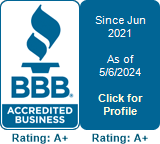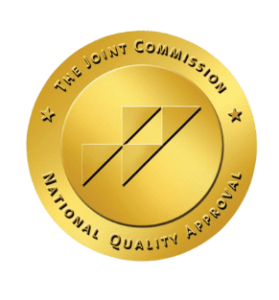For individuals aiming to achieve long-term sobriety, success starts by choosing the right treatment program for their goals and lifestyle. The good news is that the conventional approach to drug and alcohol addiction treatment—residential treatment—isn’t the only option. At-home rehab is quickly becoming a popular alternative for individuals with dynamic lifestyles.
The Conventional Approach to Alcohol and Drug Addiction Treatment
For decades, residential programs have remained the predominant treatment methodology for individuals struggling with drug addiction or alcohol addiction. Many people go so far as to assume it’s the only option for successfully treating addiction, in part because of how addiction is portrayed in movies, TV shows, and our society at large. The reality is that residential programs, where individuals live full time at a facility while participating in treatment, are far from the only option.
If someone is unable to achieve long-term sobriety after entering a residential treatment program, there are still other options worth considering, including:
The Outpatient Approach to Addiction Treatment
One of the most common alternatives to residential addiction treatment is outpatient treatment. But because individuals return home in the evening after attending treatment sessions during the day, it’s generally better suited to milder forms of addiction. Early on in treatment, individuals often don’t have enough support or structure to prevent relapse, and they’re more prone to giving up on treatment altogether.
The Number One Alternative to Rehab: At-Home Addiction Treatment
For individuals who don’t find success with residential or outpatient addiction rehab, the best option is generally an at-home approach to addiction recovery. An at-home treatment model delivers the best of both residential and outpatient treatment models and has quickly become a leading alternative for addiction treatment by providing:
A Peer-to-Peer Approach
During at-home addiction treatment, participants work with a team of addiction experts, but the cornerstone of that team is a sober companion or Certified Recovery Agent (CRA). CRAs offer 24/7 support and guidance for participants in recovery as they find their footing in the world of sobriety. Recovery agents help individuals identify triggers and stressors that may increase the risk of relapse. By first identifying these real-world risks, CRAs then help participants respond to them in healthy ways without falling into old habits.
Complete Confidentiality
For individuals who value complete confidentiality during treatment, at-home treatment provides unparalleled privacy. After all, treatment and conversations all happen from the comfort and privacy of your own home. That means you don’t have to worry about word getting out that you or someone you care about is in recovery. Only the people you want to know will ever know.
A Customizable, Concierge Model
During residential and outpatient treatment, individuals receive a degree of one-on-one guidance, but they ultimately have to follow the regimented structure of the facility and group they’re working within. When it comes to at-home rehab, that structure is defined by you. Whether you have a full-time career that can’t be put on pause or you still need to be there to cook dinner for the kids, at-home addiction treatment schedules are fully customized around your schedule.
How Does Life in At-Home Rehab Work?
At-home treatment programs have quickly become the leading alternative for addiction recovery for people with dynamic, unique lifestyles. But you’re probably wondering what life looks like when you or someone you care about enters at-home rehab. Here’s how life in at-home rehab works.






